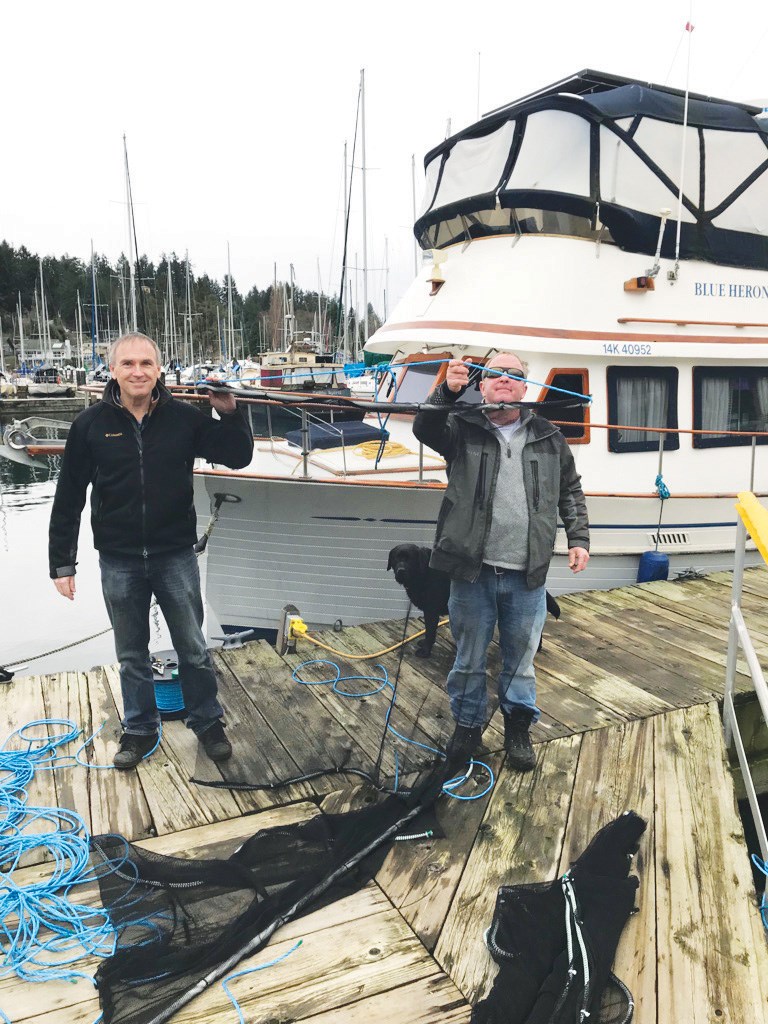The Sunshine Coast Regional Economic Development Organization (SCREDO) has released its 2017 progress report and 2018-19 annual plan after presenting them to the region’s four local governments on Jan. 26.
SCREDO, a taxpayer-funded agency, is still in the first year of a four-year service agreement that will see Gibsons, Sechelt, the Sunshine Coast Regional District and the Sechelt Indian Government District contribute a total of $291,865 per year. The agency’s fiscal year runs from Sept. 1 to Aug. 31.
As of Dec. 31, SCREDO had spent $70,708 of its 2017-18 funding, according to the progress report, with about $58,341 of that going into programs.
SCREDO board member Celia Robben said most of the program work so far has involved bringing existing programs under the SCREDO umbrella such as the relaunch of the investsunshinecoast.ca website and This is the Coast, a social media campaign to attract younger people to the Sunshine Coast. It also plans to revive Voice on the Coast, an initiative aimed at younger people who are already here.
“We’re trying to do things that increase capacity and remove obstacles to existing businesses and make it a good place to come for other small businesses that might want to come here,” she said. “We chose to look for some low-hanging fruit – projects that people thought were valuable but didn’t have a home or didn’t have a funding plan.”
SCREDO has also taken on a project that, at first glance, might not seem like an economic development initiative – herring habitat enhancement.
Robben said SCREDO wants to help make improvements at as many as 10 local docks to increase the chances of herring spawning successfully.
She said a healthier herring population could lead to a healthier salmon population, which would bring more orcas and other big marine mammals to local waters, which could lead to tourism operations like whale watching. “You add that type of component, or you add more fishing and you can increase tourism and the hospitality sector and all the businesses that support the hospitality sector.”
One of the major projects SCREDO is working on as part of its 2018-19 plan is a “leadership and service training program.”
Robben said the program could be used by people looking for job readiness training, smaller companies that don’t have the resources to offer training internally, or even larger companies looking for a way to help managers sharpen their skills.
Capilano University, Sunshine Coast Tourism, the Chambers of Com-merce, the Open Door Group (which manages the employment services offices on the Coast), School District No. 46 and some private firms are already on board as partners.
“That’s hard to do in a mom-and-pop shop, so what we’d like to do is create some training and education programs that individual businesses can participate in and send their employees to,” Robben said.
The board, who are all volunteers, has also been focused on recruiting a program manager. Chris Hergesheimer of Roberts Creek will take on the contract position beginning March 1.
Robben said having Hergesheimer in place will create a point of contact for the public and make it easier for the board to keep the community up to date about what the agency is doing beyond the twice-yearly reports it’s required to make to local governments.
The full reports, and other SCREDO background documents, are posted at www.scredo.ca.



